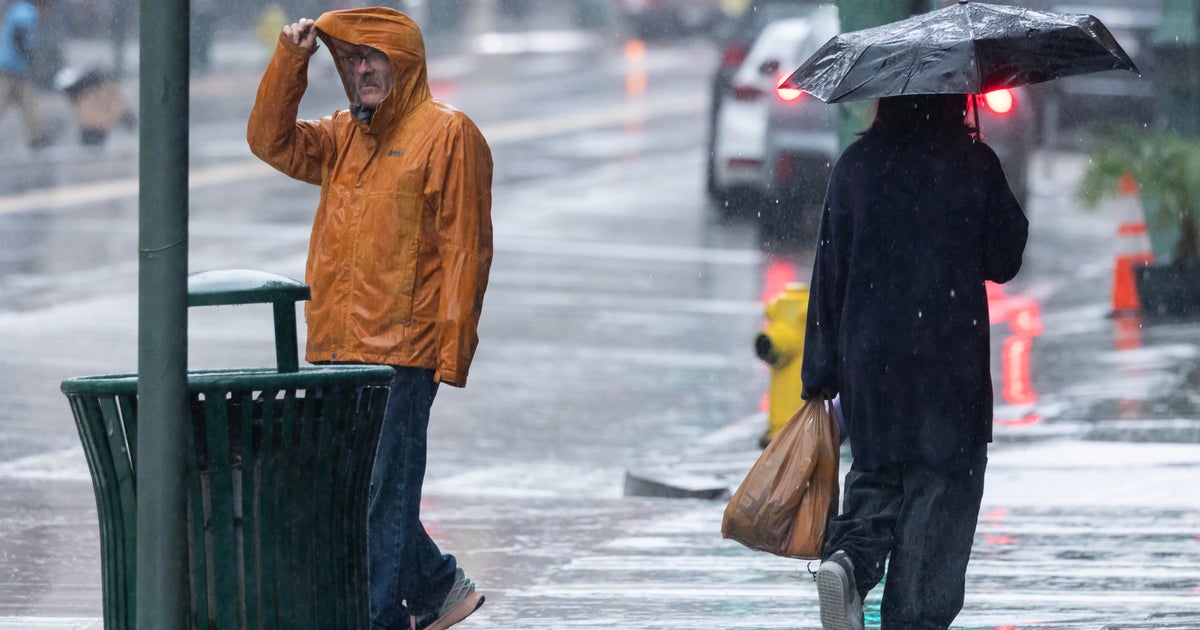Statewide Poll Reveals New Statistics On Illinois' Opioid Epidemic
CHICAGO (CBS) -- Shocking new statistics have been released about the opioid epidemic.
The National Safety Council released Thursday findings of a statewide poll on the opioid epidemic in Illinois. The council polled 1,000 Illinoisans to gauge their awareness of the opioid epidemic, understand how they use prescription drugs, and whether they are confident they can spot abuse and misuse, among other things.
The findings showed that one in three people in Illinois have been directly impacted by opioid use. Yet 41 percent of those polled are not concerned about addiction happening in their family.
CBS 2's Roseanne Tellez has more from Itasca where a rally is underway to call attention to a growing crisis.
The event ties in with International Overdose Awareness Day.
And there are two important takeaways - this can happen to you and there is hope.
"I think I started how most teens do, in the party scene," said Jessica Gerke.
32-year-old Jessica Gerke was addicted to heroin by the time she was 18.
"That is the time I had that emotional bottom was in a jail cell," she said.
Today, eight years off of drugs, she works at a treatment center, but said the problem is far worse.
"In the last five years I've seen deaths weekly or two times a week, three a week," Gerke said.
The National Safety Council said in 2016, 2,350 Illinoisans died of drug overdoses, 80 percent attributed to heroin and opioids. Forty-five percent of those addicted, like former NBA player Rex Champman said it started with legal prescriptions.
"I wasn't a partier, drinker or smoker," Chapman said. "I had an emergency appendectomy. Doctors gave me a prescription for Oxycontin for a month."
He said he knew he was addicted in three days and when he finally sought help?
"When I went in taking 40 Vicodin a day and eight Oxycontin a day," Chapman said.
Both Gerke and Chapman recovered from their addictions. But they said there is no magic word to get your loved one to treatment. They recommend you do your research and show compassion, because as they put it, no one wants this.







